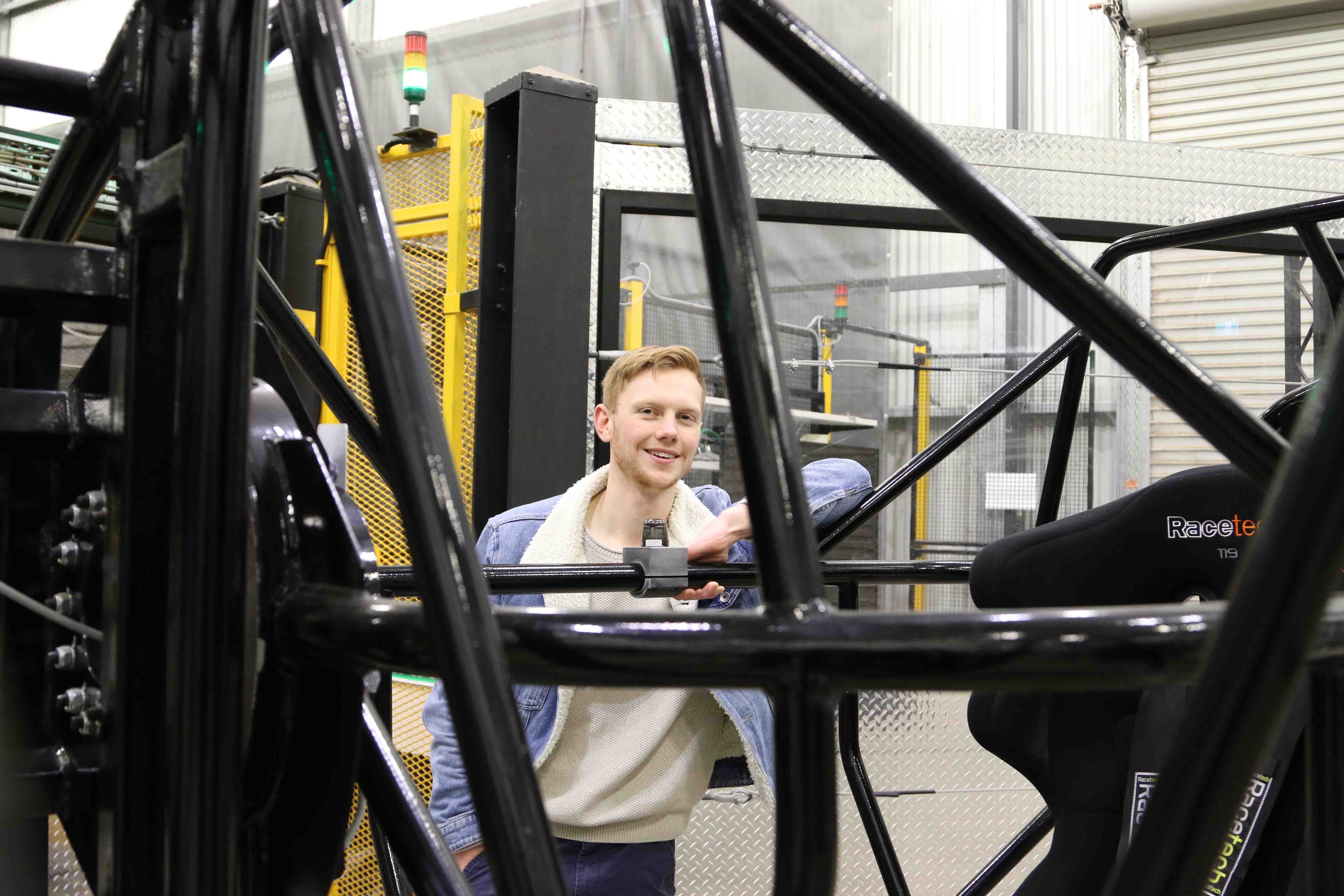Deakin connection runs deep for mechatronics graduate
Media release
For new Deakin University PhD graduate, Dr Asher Winter, Deakin’s Waurn Ponds campus isn’t just a place he studied – it’s also a huge part of his family history.
Asher’s parents studied together at the campus 30 years ago ‘when you basically had to drive through a paddock to get to class’, and five of his siblings are also Deakin graduates.
His great-great uncle lived at the site where Deakin Waurn Ponds’ student accommodation now sits, with his farmland stretching down to Waurn Ponds Creek, and his house being used as Deakin’s first student residence.
His great-great grandfather settled in Grovedale – then known as Germantown – in the mid-1870s, with the property reaching from Boundary Road through to Cobbin Homestead.
Fast forward 100 years, and Asher’s dad and grandparents lived at the ancestral home and watched over the fence as Deakin University was built.
Deakin University will celebrate its 50th anniversary in December this year.
When Asher was weighing up where to study after high school, it was almost a no-brainer.
After graduating from an undergraduate course in mechatronics engineering with first-class honours, Asher was thrilled to stay on at Deakin Waurn Ponds to complete his PhD at the Institute for Intelligent Systems Research and Innovation (IISRI).
IISRI is home to Australia’s largest research team in systems modelling and simulation, and provides solutions and commercial-ready products for the aerospace, rail, automotive, defence, security and health sectors.
‘I knew I wanted to stay within Geelong, close to family, and the great thing about the IISRI facilities at Waurn Ponds is that I can be involved in creating things from scratch - we have the capability to start with an idea and then bring it to a completed reality,’ Asher said.
‘It’s the closest thing to being an inventor, which I really like.
‘Engineers are always thinking how we can make things better, and it’s incredibly satisfying to create tangible outcomes.’
As part of his PhD, Asher developed and optimised a human centrifuge system, which could safely deliver high-G training for astronauts and jet pilots here in Australia.
Now Asher is working as a research fellow at IISRI, as well as teaching the next generation of Deakin engineers.
Share this story

